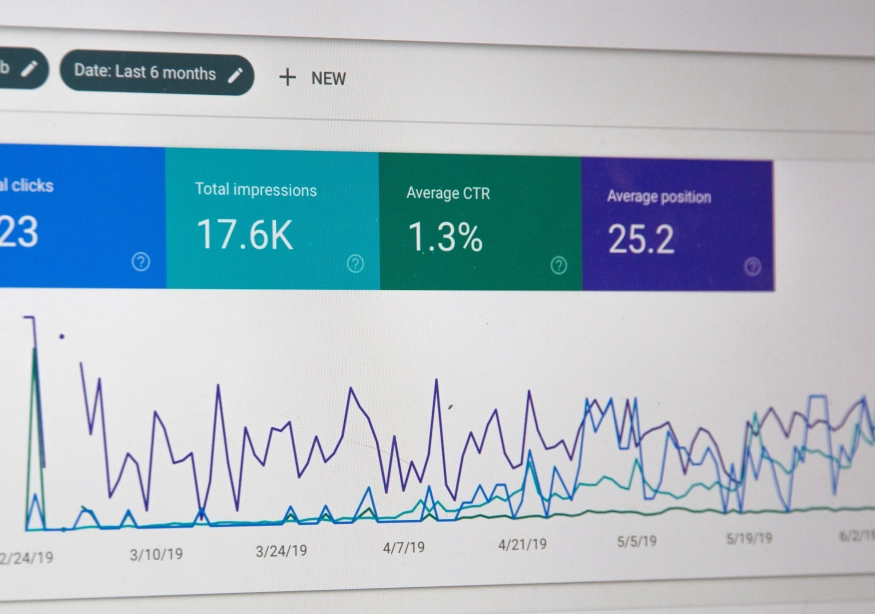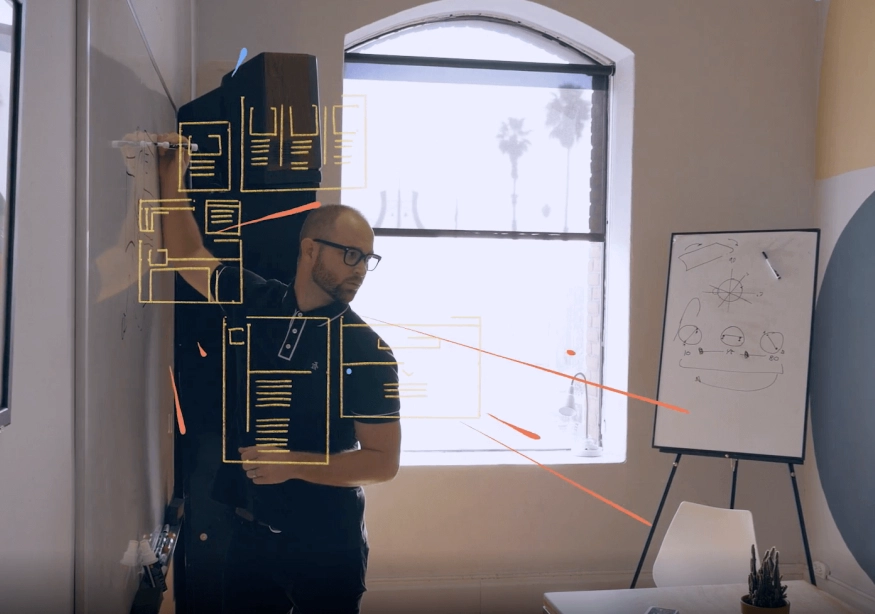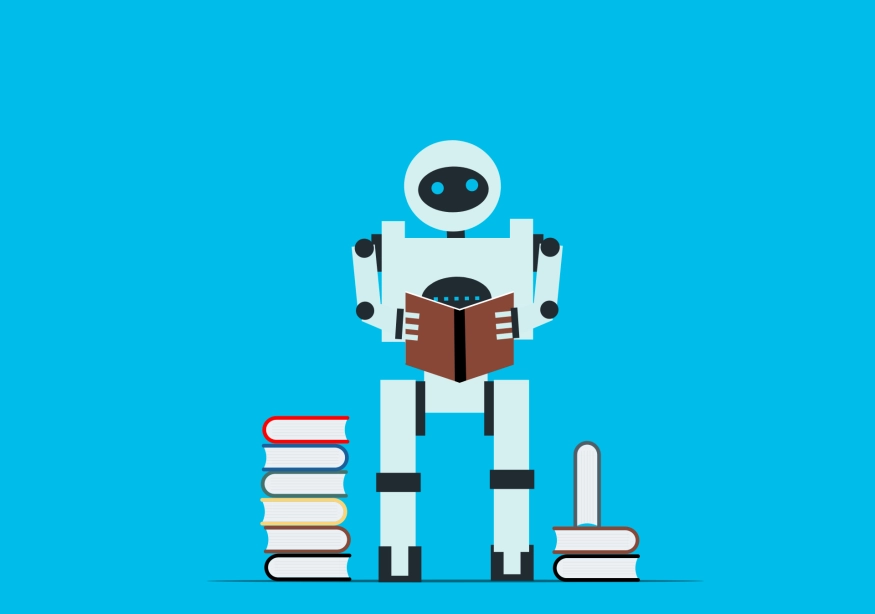The word "personalization" is thrown around a lot in the digital marketing world. When you see companies like Acquia and Optimizely you wonder what they do that makes a difference for so many clients. How do their platforms transform businesses into brands that resonate with folks on an individual level? Like a well-oiled machine, these are personalization engines at work, the oil being your customer data. In this blog, we'll give you our best recommendations on what to look for in a personalization engine.
What are personalization engines?
Personalization engines are software enabling marketers to discover, set up, perform, and assess the best experience for an individual based on their customer data, intention, and other contexts. Personalization engines analyze this information to formulate and deliver content, offers, and interactions across several digital touchpoints.
How personalization engines work
Personalization engines are data-driven machines, taking data on your customers from various sources to “learn” about your various audiences so you can deliver the right messages to the right individuals. Demographics, social media activity, website interactions, inquiries, and purchase history are some of the data types that feed into your personalization engine.
Critical characteristics for a personalization engine:
Data and analytics
E-commerce support
Marketing channel support
Testing
Customer experience support
To get the most out of a personalization engine, it should first and foremost unify customer data across all your channels; this is the backbone of personalization as a whole.
A true personalization engine should:
Construct tailored experiences for each user
Allow users to create their own personalized experiences
Integrate machine learning, customer segments, and A/B testing
Personalization engine checklist
So now let’s break down each of the 7 characteristics we recommend looking for in a personalization engine.
1. Scalability
This is crucial for companies with a large online presence or with a large user base; hosting a website that supports several thousand simultaneous users per second. Especially if you plan to gradually implement personalization, you’ll want a scalable system at your disposal to meet the needs of your website capacity.
2. Data-driven insights & analytics
It’s no secret that data is the backbone of digital marketing. To get the most out of your customer data, you should find a personalization engine to collect information about your customers from various avenues. This includes building customer profiles, tracking transaction history, understanding demographics, customer preferences, and other data relevant to your business.
3. Segmentation and targeting
Getting the data organized is half the battle when it comes to personalizing your marketing campaigns. Look for a personalization engine that can do this for you and compartmentalize users based on specific characteristics that you can leverage when crafting your messages. Data visualization is a great aspect to look for when finding the right personalization engine as it gives your team a different perspective on individual customer journeys. Tracking their journey from start to sale will give you more information to read between the lines.
4. Omnichannel delivery
Every personalization engine should allow content and marketing to deliver seamlessly to all of a company’s various touchpoints including websites, apps, email automation, social media, and other necessary platforms. This keeps cohesive messaging throughout and eliminates the need for additional digital tools to schedule marketing.
5. Machine learning and algorithms
Before too long, artificial intelligence, machine learning, and algorithms will be second nature for most digital marketing tools. Put a personalization engine with machine learning on your radar to stay ahead of the market. Interpreting data with machine learning can detect unique patterns and continuously learn and adapt based on your customer data alone. AI is also used to group and categorize data as it enters the system, making searching seamless.
6. A/B testing
It’s okay and truly recommended that you don’t go with the first sets of personalized experiences without testing them out first. A/B testing delivers different variations of the personalized experience per segment where group A will see one variation and group B another. Personalization engines with A/B testing techniques are a great way to play it safe and be methodical when narrowing down your marketing campaigns.
7. E-commerce support
There are many benefits to having e-commerce facets in your personalization engine. Retail businesses can send out product recommendations, track purchase history, and notify customers of their cart abandonment. Choosing a personalization engine with e-commerce support can also work in tandem with A/B testing personalized messaging to show which works best for generating sales and lead conversion.
What are the top personalization engines in the market?
According to the top market researchers at Gartner, these are some of the top personalization engines for 2023:
Acquia Personalization
Adobe Target
Dynamic Yield
Optimizely Experimentation
Sitecore CDP
CDP vs. personalization engine
To clear up the common confusion, customer data platforms (CDP) aren't exactly the same as personalization engines. Personalization engines can be built on or integrated into a CDP to boost the platform and create a more powerful marketing system. Both solutions personalize data, but their uses differ.
A CDP is a type of software that unifies and visualizes customer data, while a personalization engine is a method of applying context to individual customers to create custom experiences.
The main difference between them is a personalization engine is most useful for marketers, whereas a CDP can benefit all departments. In other words, CDPs have a broader approach to collecting data and can provide insights that can be used outside of the marketing team.
Do what's right for your business
Easier said than done, we know finding the best fit of any digital tool is mostly trial and error. The main rule to remember is every business is different. Not every personalization engine can be a one-size-fits-all straight out of the box.



